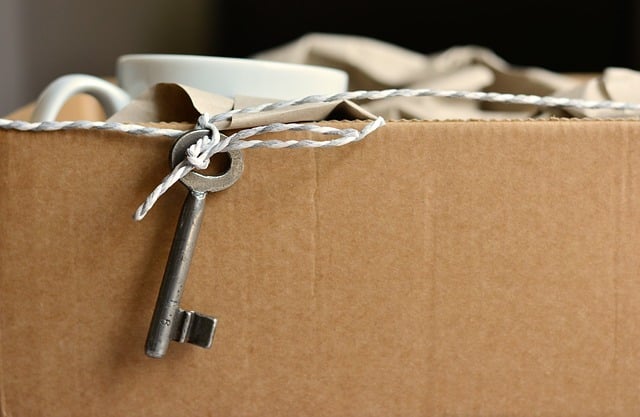The Guidelines for an Easier Move
It would be nice if you could wave a magic wand and have your furniture appear overseas but that is not the way it works. There are preparations and guidelines that must be followed for an easy and successful move. The first step is to really evaluate your furniture. Pieces with sentimental value or a large price tag will most likely be included in your move. Any pieces of furniture that are not special or can be replaced easily should probably be left behind. You may discover different styles and concepts available in the furniture sold overseas that were not previously options. Make a list of the pieces you want to have shipped and what you plan to leave behind. This furniture can be sold and help pay for the cost of the move. For a furniture authority please visit JMD Furniture.
The Weather
The weather for your destination is an important consideration. You probably have certain pieces of furniture meant for a specific type of climate. Since these pieces may not hold up to the new weather patterns it is best to remove them from your move. Once you have decided which pieces of furniture will accompany you it is time to classify them. Establish categories such as bulky, heavy, lightweight, difficult to move, etc. Chances are you will find additional pieces you do not want to take with you. The descriptions of furniture classifications are below. Remember to keep a list of the items you intend to give away, donate, sell or keep.
The Different Furniture Categories
The first category consists of bulky and heavy pieces of furniture. This includes items such as wardrobes, sofas, and beds. The next category is easy to move. This would be small closets, entertainment centers, storage units, end, coffee and study tables, chairs, rugs and dining tables. The final category includes expensive items such as paintings, statues, and artistic products.
The Preparation to Move Furniture Overseas
Sometimes the value of a piece of furniture is sentimental and other times it is monetary. In either case, you do not want your furniture to become damaged during the shipping process. You do not want your furniture delivered with dings, dents, and scratches. You must consider the consequences if the packaging were to fall off during the course of the shipment. Not shipping your furniture would be preferable to having it arrive in pieces. The point is you are probably concerned about the safety of shipping your furniture overseas. There are ways to make your furniture more secure and greatly reduce the possibility of damage. Please visit JMD Furniture for useful and interesting information.
Tips to Keep Your Furniture Safe
There are tips to help ensure your furniture arrives safely. All parts belonging to a specific piece of furniture should be contained in the same package. This will prevent the parts from being lost and the furniture from becoming worthless. Dismantle each piece of furniture as much as possible. This will decrease the weight, diminish the bulkiness and make the furniture much easier to transport. Your duct tape should be high quality. This is what you will use to attach various pieces. A good example would be taping the legs of a table to the bottom of the top. If the tape is cheap and does not hold you may lose pieces rendering your furniture useless. Use a thick protective padding. This will protect your furniture from scratches, dings, and dents during the process of moving. Waxing and polishing any wooden surfaces will help prevent blemishes and deep scratches. Any upholstered pieces should be protected with thick blankets and padding.
Cost Versus Quality
The cheaper moving companies are generally less experienced and do not have the expertise of more experienced movers. Saving money on moving costs will not mean much if all your furniture is damaged. Research the well established international movers and obtain a few estimates. The price may be higher but your furniture will be in good hands and arrive safely.
